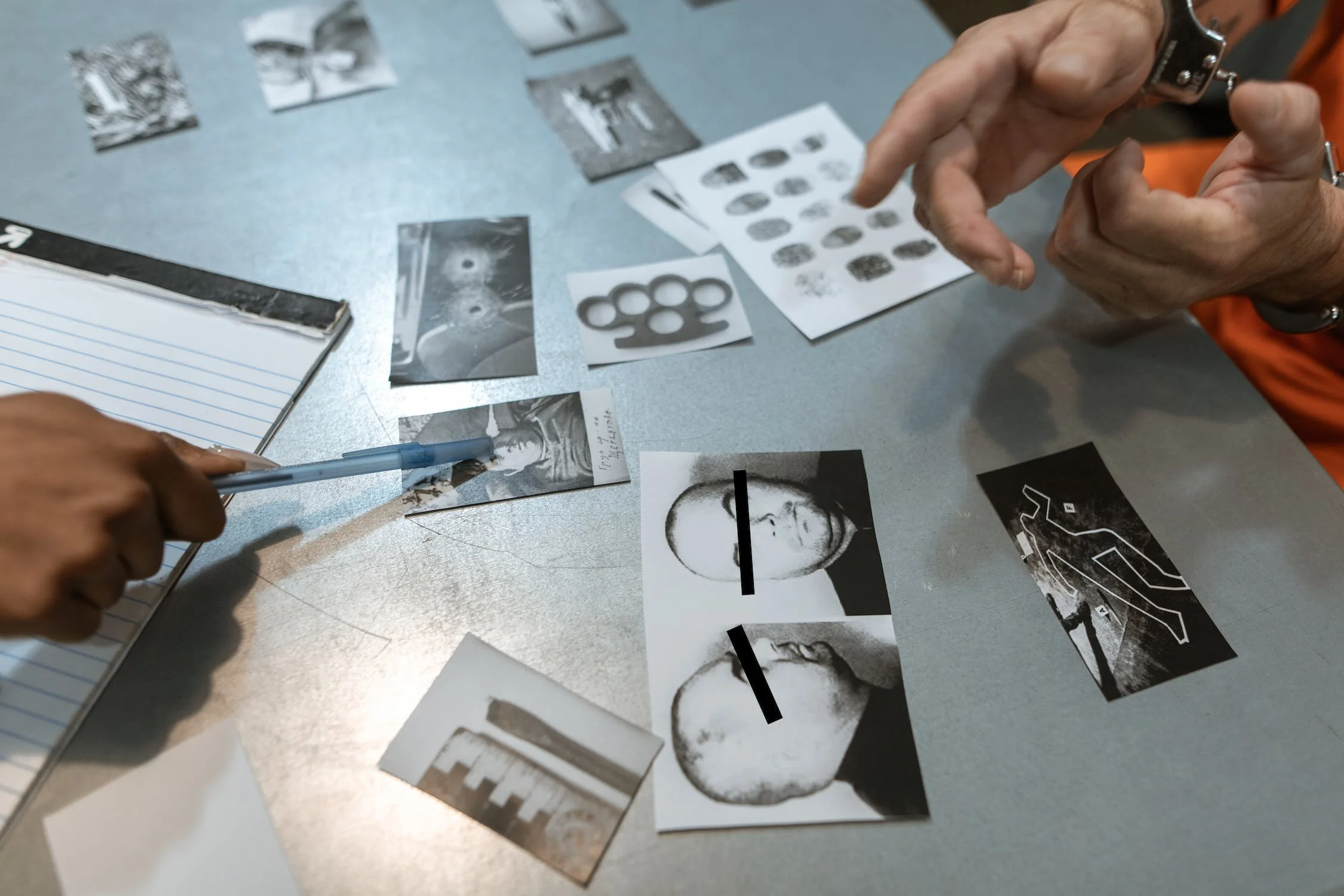Supporting Evidence
Writers are a bit like lawyers pleading their case in court. The jury, in this case, is the reader. If you were defending your client, you wouldn’t point to him and say, “I’ve known a lot of guilty people in my life, and I’ve known a lot of innocent people, and trust me – this guy is innocent. He just is. I rest my case!” No, no, no. You have to provide evidence. Your client is innocent because he was in Maui with his girlfriend when the victim was shot in Pasadena; and his fingerprints weren’t on the gun; plus, he liked the poor dead fellow. Why would he want to kill him?
The evidence we provide as writers are the physical details of the world we’re depicting and our characters’ words and actions. That is to say, we are showing the reader that someone is innocent or guilty, is angry or sad, worried or calm. We may be the author, may see ourselves as possessing judge-like authority over our story, but in the end, we do not get to tell the reader what to think. They will decide on their own what our story means, and how likable the characters are, and why they did what they did. Everyone’s mind is free to go wherever it wants, wherever it can, and there is little anyone else can do to interfere in that sovereign journey.
Including you, the writer, who is also just a person. The world we inhabit is filled with what you might call evidence – buildings and cars and smart phones and trees and rivers, as well as people doing all kinds of things, some which you admire, some of which you positively despise. What does it all mean? And what’s happening to the publishing world? Has Amazon destroyed it or saved it? Can a person even make a living writing stories anymore?
Lawyers choose the evidence they want the jury to hear. You decide not to mention the argument your client had with the deceased. It wasn’t a murderous disagreement, but it might confuse things. When we write, we do the same thing, choosing the details that paint the clearest picture possible. We don’t describe the entire room, just the crooked lampshade, the stain on the ceiling, the threadbare rug. To be the author of your life, you must choose your details as well. Decide whether the world is friendly or unfriendly, and pick your evidence accordingly. Either way, you will be right.
Check out Fearless Writing with Bill Kenower on YouTube or your favorite podcast app.
Everyone Has What It Takes: A Writer’s Guide to the End of Self-Doubt
You can find William at: williamkenower.com


